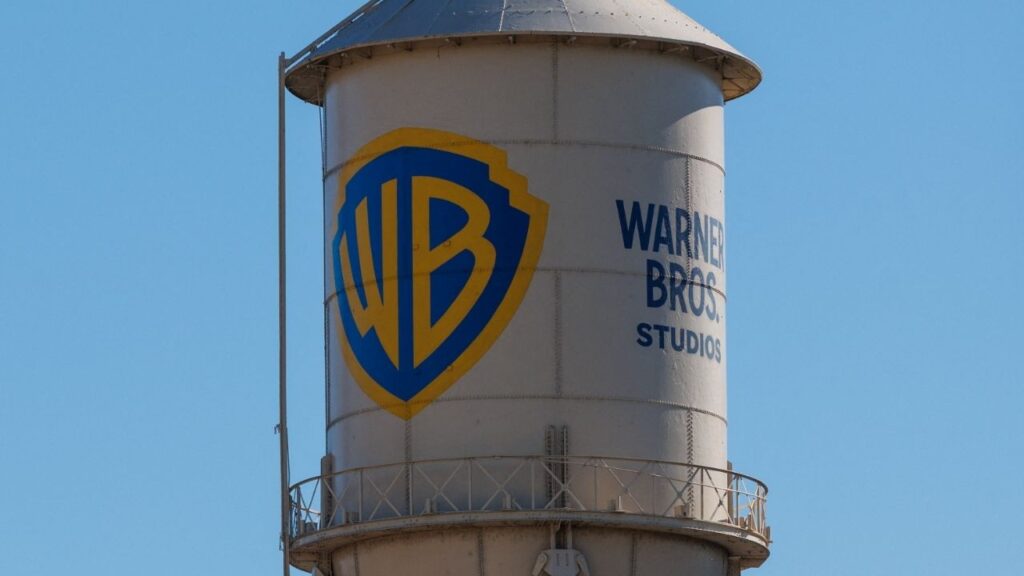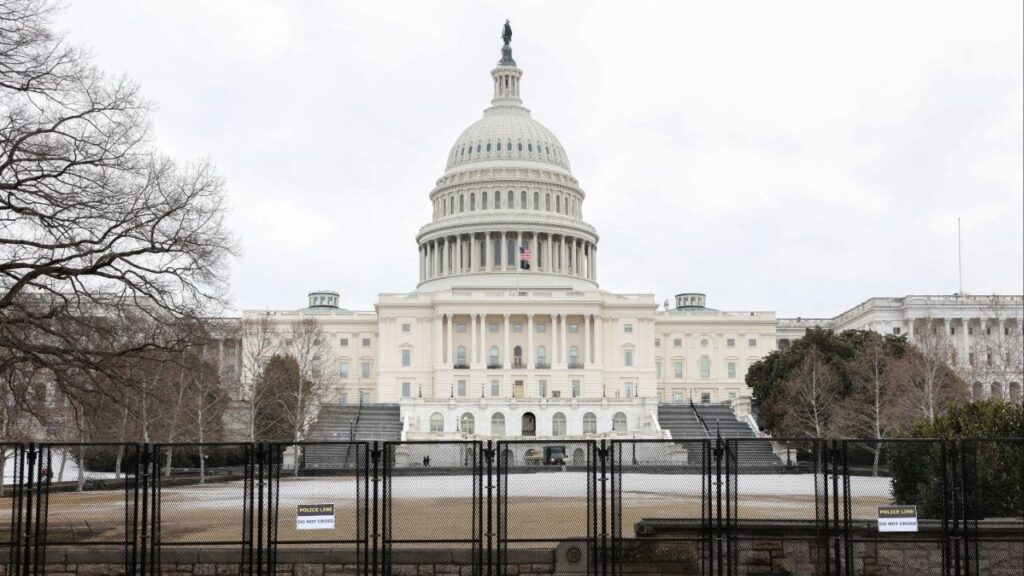Share
WASHINGTON — The Trump campaign’s interactions with Russian intelligence services during the 2016 presidential election posed a “grave” counterintelligence threat, a Senate panel concluded Tuesday as it detailed in a report how associates of the Republican candidate had regular contact with Russians and expected to benefit from the Kremlin’s help.
The report, the fifth and final one from the Republican-led Senate intelligence committee on the Russia investigation, describes how Russia launched an aggressive, wide-ranging effort to interfere in the election on Donald Trump’s behalf. It says Trump associates were eager to exploit the Kremlin’s aid, particularly by maximizing the impact of the disclosure of Democratic emails that were hacked by Russian military intelligence officers.
The conclusions mark the culmination of a bipartisan probe that spanned more than three years and produced what the committee called “the most comprehensive description to date of Russia’s activities and the threat they posed.”
The findings echo to a large degree those of special counsel Robert Mueller’s Russia investigation, with the report’s unflinching characterization of furtive interactions between Trump associates and Russian operatives contradicting the Republican president’s claims that the FBI had no basis to investigate whether his campaign was conspiring with Russia.
Two Senate Subcommittees Conducting Reviews
The report was released as two other Senate committees, the Judiciary and Homeland Security panels, conduct their own reviews of the Russia probe with an eye toward uncovering what they say was FBI misconduct during the early days of the investigation. A prosecutor appointed by Attorney General William Barr, who regards the Russia investigation with skepticism, disclosed his first criminal charge on Friday against a former FBI lawyer who plans to plead guilty to altering a government email.
Among the more striking sections of the nearly 1,000-page report issued Tuesday is the committee’s description of the close professional relationship between former Trump campaign chairman Paul Manafort and Konstantin Kilimnik, whom the committee describes without equivocation as a Russian intelligence officer.
“Taken as a whole, Manafort’s high-level access and willingness to share information with individuals closely affiliated with the Russian intelligence services, particularly Kilimnik, represented a grave counterintelligence threat,” the report says.
The report notes how Manafort shared internal Trump campaign polling data with Kilimnik and says there is “some evidence” that Kilimnik may have been connected to the Kremlin’s operation to hack and leak Democratic emails, though it does not describe that evidence. In addition, the report says that “two pieces of information” raise the possibility of Manafort’s potential connection to those operations, but what follows next in the document is blacked out.
Both men were charged in Mueller’s investigation, but neither was accused of any tie to the hacking.
A Manafort lawyer, Kevin Downing, said Tuesday that there is information that was sealed at the request of Mueller’s team “that completely refutes whatever the intelligence committee is trying to surmise.” He added: “It just looks like complete conjecture.”
Mueller Report Concluded Russia Interfered in the Election
The report purposely does not come to a final conclusion, as the other reports did, about whether there is enough evidence that Trump’s campaign coordinated or colluded with Russia to sway the election to him and away from Democrat Hillary Clinton, leaving its findings open to partisan interpretation.
A group of Republicans on the panel submitted “additional views” to the report saying that it should state more explicitly that Trump’s campaign did not coordinate with Russia. But Democrats on the panel submitted their own views, arguing that the report clearly shows such cooperation.
Mueller concluded in a report issued last year that Russia interfered in the election through hacking and a covert social media campaign and that the Trump campaign embraced the help and expected to benefit from it. But Mueller did not charge any Trump associates with conspiring with Russians.
The Senate investigation also delved into areas of great interest to Trump that were not explored by Mueller. Those include the FBI’s reliance on a dossier of opposition research compiled by a former British spy whose work was financed by Democrats.
Sen. Marco Rubio of Florida, the committee’s acting chairman, said in a statement that the committee was troubled that the FBI had been willing to use the dossier “without verifying its methodology or sourcing” as it applied for secret surveillance warrants against a former Trump campaign adviser.
RELATED TOPICS:
Categories

Fresno Police Search for Suspect After Stabbing Reported


















